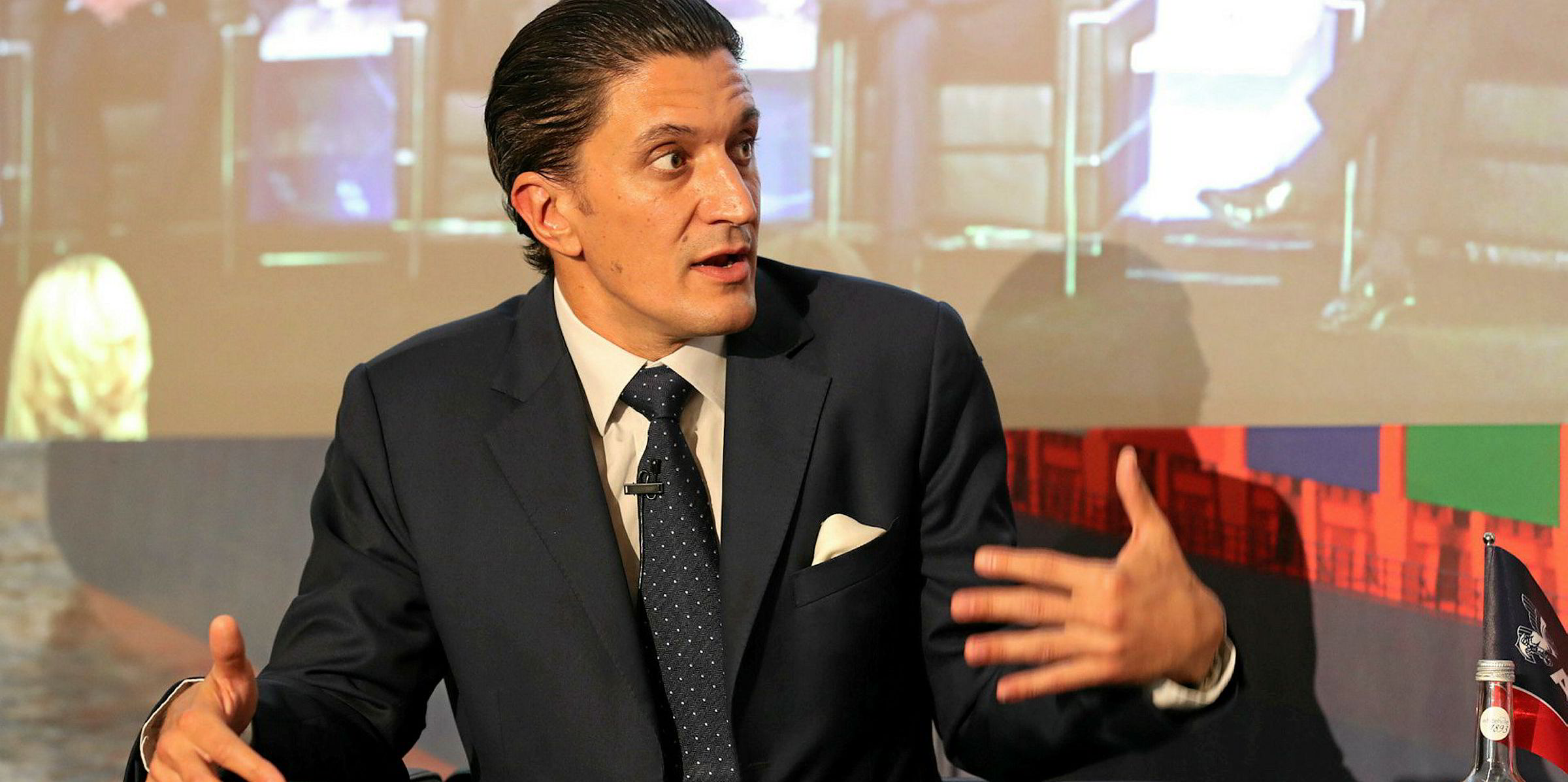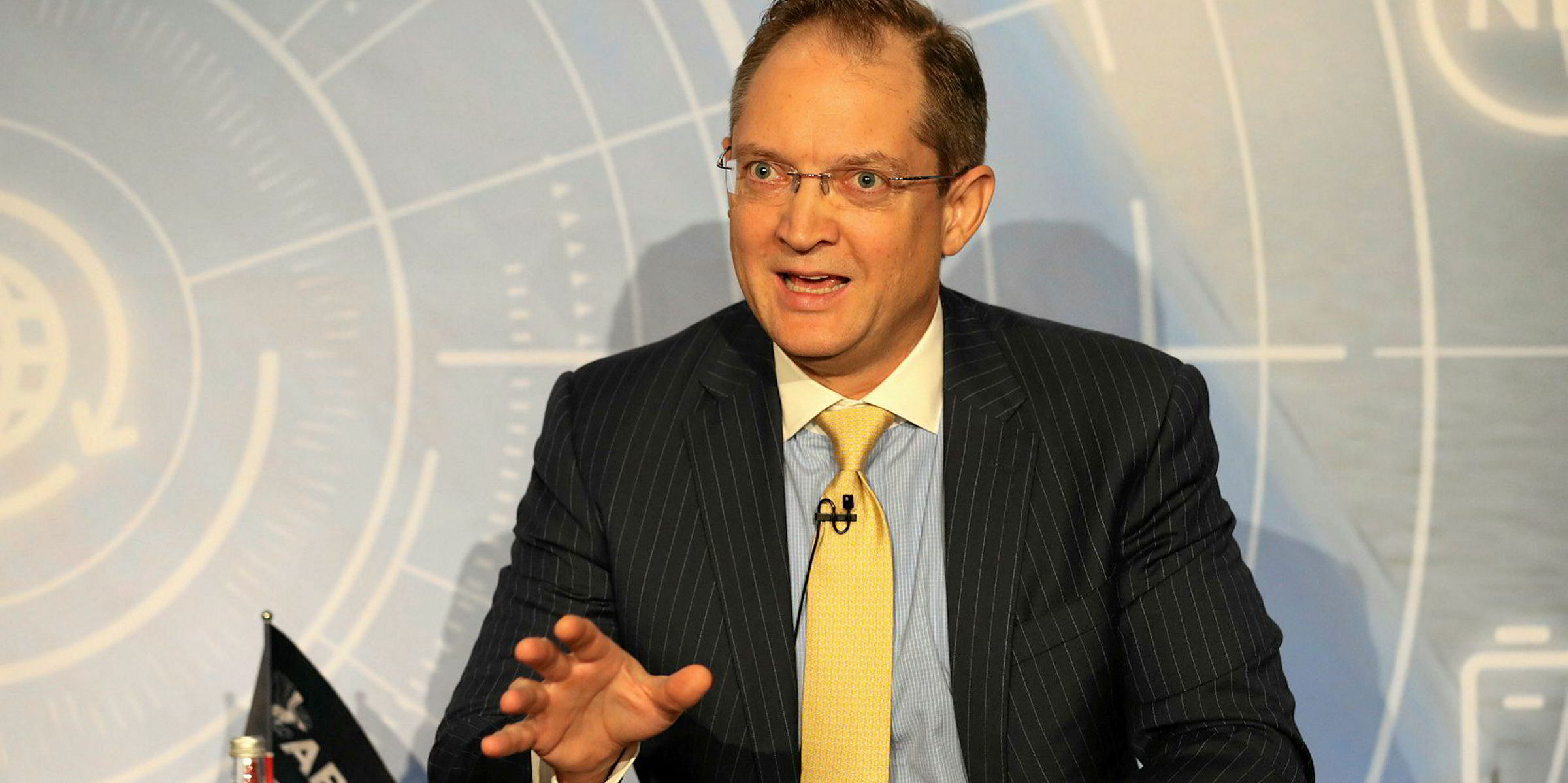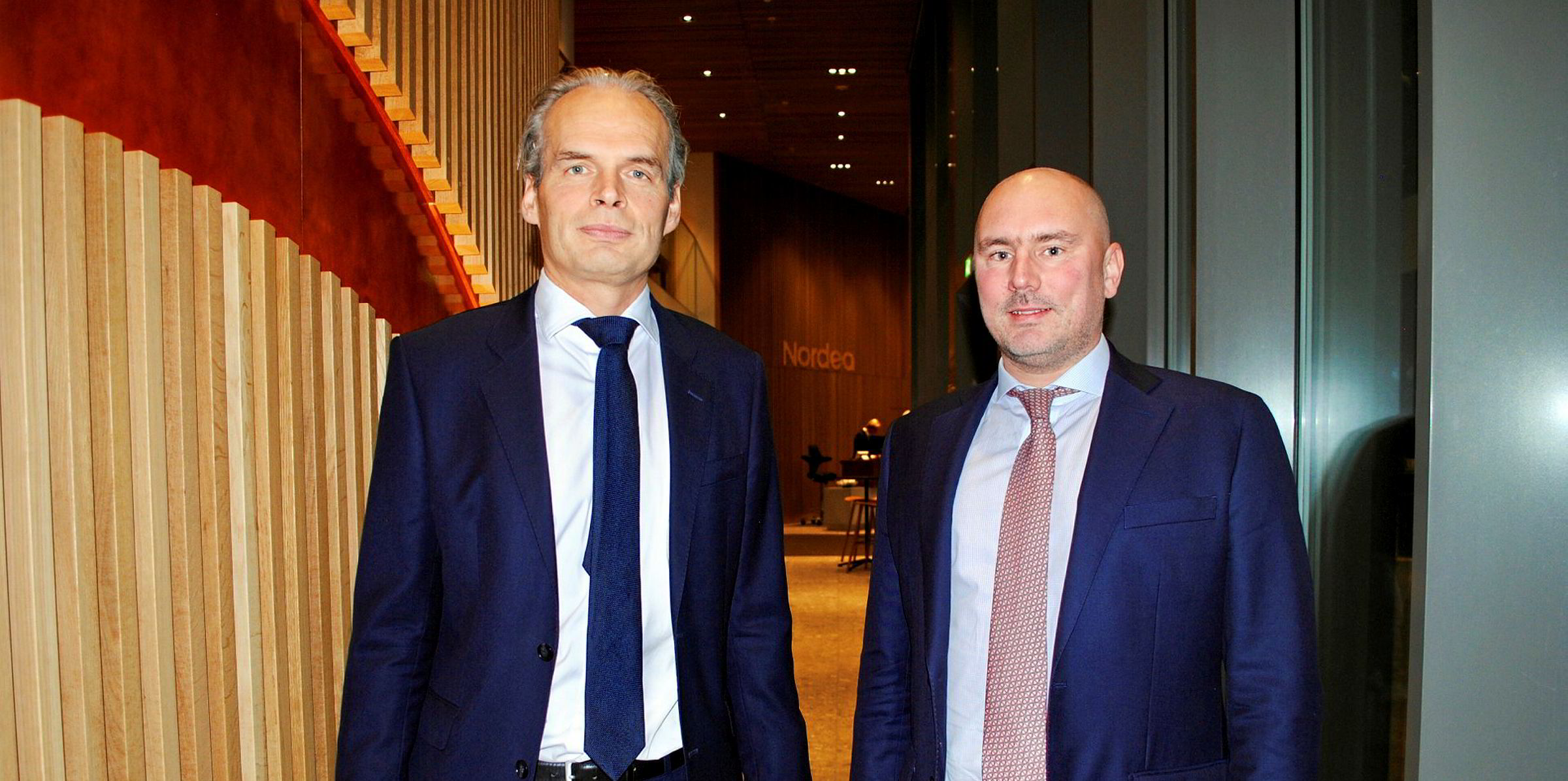Without stronger environmental and social protections and better corporate governance, shipowners could be starved for capital.
"There is not an institutional investor today in the western world ... that is not thinking about the impact of environmental, social and governance factors," said JP Morgan Asset Management Global Transportation Group chief executive Andy Dacy at the American Bureau of Shipping's Journey to 2050 panel at London International Shipping Week.
"This is not going to change. Anyone looking for capital, if you're not employing an [environmental, social and governance] strategy it's going to be increasingly very difficult to get capital."
Dacy said decisions made in the last decade were driven by private equity firms coming into shipping, looking for assets at a bargain and lost money when market conditions failed to improve.
Now, with private equity looking to exit the space and greater awareness of climate change, investors are taking into account more than just balance sheets.
The focus on environmental, social and governance factors goes beyond the Poseidon Principles, the environmental bench-marking 11 banks have adopted to reward going green.

The principles were designed to be in line with the IMO's goal of cutting carbon emissions 40% by 2030 and reducing greenhouse gas emissions by 50% by 2050.
"It's not just about environmental impact," said Dacy. "[It's about] how do you treat your crew how do you work with constituents in the industry to create a transparent organization?
"It's a much broader matrix. I think the Poseidon Principles while they discuss as a principle goal an environmental one, I would like them to adopt a broader ESG concept."
The 11 banks that have signed on to the Poseidon Principles — which include Citi, ING and Societe Generale, among others — represent roughly $100bn in ship finance. Add in sovereign wealth funds and US pension plans increasingly taking into account issues of corporate social responsibility and a lack of care could cut leave some business on the outside looking in, Dacy said.

"The reality is that the biggest pools of capital in the world today have made it a very big priority," he said. "Those pools of capital might not directly trickle into your business, but they do move the market."
C Transport Maritime chief executive John Michael Radziwill said access to capital would still be driven by a company's ability to make money — but that it is possible to do good an do well.
"You can do it in a way that you could be good for the environment, good for the market, make money for your investors and help the world turn," he said. "There is a Pangea solution"
Both Radziwill, who is also CEO of GoodBulk, and Trafigura's global head of wet freight Rasmus Bach Nielsen agreed slow steaming would be the near-term solution to shipping's environmental issues.
But to meet the IMO's 2030 and 2050 goals, industry-wide collaboration is needed, plus leadership from the IMO, Nielsen said.
"As an industry, we have to go out and see where we want to go," he said. "I don't think it's easy by 2030."






